The Pigeon Racing Medicine Cabinet
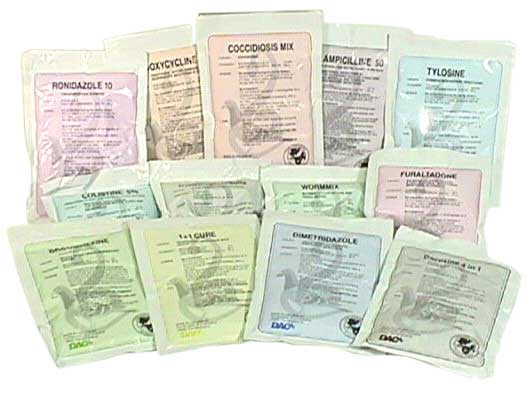 Medicines which the fancier may be wise to stock, and the reasons to use them:
Medicines which the fancier may be wise to stock, and the reasons to use them:
Baytril–a good choice for serious infections, mainly intestinal or systemic. This drug comes in tablet form and individual pigeons can be dosed at 5mg per pigeon per day. Flock treat with the liquid Baytril only (the tablets will not go into solution). Use for 5-10 days.
Do not use during reproduction and rapid growth of squabs.
Amoxicillin–a safer alternative drug to Baytril. It can be used during reproduction and racing without side effects. Not as broad spectrum as Baytril but often very effective in treating serious infections. Comes in tablet form (50mg) which can be used once or twice daily on individual cases. Flock treatment best accomplished using 3grams per gallon for 5-10 days.
Tetracycline drug (Terramycin, Aeuromycin, Tetracycline , or Doxycycline)–good for respiratory infections; best when used in combination with Tylan. One usually has no distinct advantage over the other and they share a common spectrum of activity. With the exception of Doxycycline, they are all available over the counter as poultry preparations. Use 4 teaspoonsful per gallon of the regular strength or 2 teaspoonsful per gallon of the concentrate. Doxycyline is dosed at 500-1000mg per gallon. Use these for 7-14 days.
Tylan–use as mentioned above, in combination with a tetracycline for respiratory infections. Tylan powder is dosed at 1-2 teaspoonsful per gallon. Individual dose at 50 mg per pigeon per day.
Delta Albaplex— this is a veterinary tablet which can be quite useful in treating individual cases of respiratory disease. It contains a tetracycline plus albamycin as well as a small amount of corticosteroid. Use 1/2 tablet twice daily for 3-7 days.
Amprolium— the standby for coccidiosis..treat at 1tsp/gallon of the 20% powder for 3-5 days.
Baycox (Toltazuril)–a newer more effective coccidiostat, not yet avilable in the USA but seems to be available through various channels. Can be used instead of Amprolium. Dose for 1-2 days at 4cc (100mg) per gallon.
Ronidazole (RIdzol)– for trichomonas…this is the safest of the three products commonly used but is not approved for use in this country. 1tsp per gallon for 3-5 days.
Emtryl (Dimetridazole)–for trichomonas…not approved for use in this country. Mexican or Canadian Emtryl dosed at 1/4-3/8 tsp per gallon for 3-5 days. Can cause seizures at higher doses.
Flagyl (Metronidazole)–for trichomonas…25-50 mg per pigeon per day for 1-3 days or 1250-2500 mg per gallon for 3-5 days.
Ivomec (Ivermectin)–wormer–500-1000micrograms(ug) per pigeon. Effective against Capallaria (hairworms) and Tetrameres and Dyspharynx (stomach wall worms); less effective against Roundworms.
Pyrantel pamoate–1-3mg per pigeon (75mg per gallon) for 1-2 days for roundworms only.
Tramisol (levamisole) 1-1.5 grams per gallon for one day for roundworms only.
Panacur (fenbendazole) effective against the three major worms but has potential to cause feather damage. Do not use during reproduction or moult. 5mg per pigeon per day for 3 days.
Quinacrine–antimalarial drug..use only in areas where malaria or Haemoproteus is a problem. Use for 4 weeks before flying season then one day weekly during races. Dosse at 200mg per gallon
There are many other choice available and I’ve kept it to what I consider a minimal, giving choices for some conditions. Not all of these drugs are commonly available. Consult your friendly veterinarian for help in acquiring some of these handy drugs as some are by perscription only.
See also Pigeon Medications Part 2
The Pigeon Racing Medicine Cabinet by Dr. David E. Marx DVM

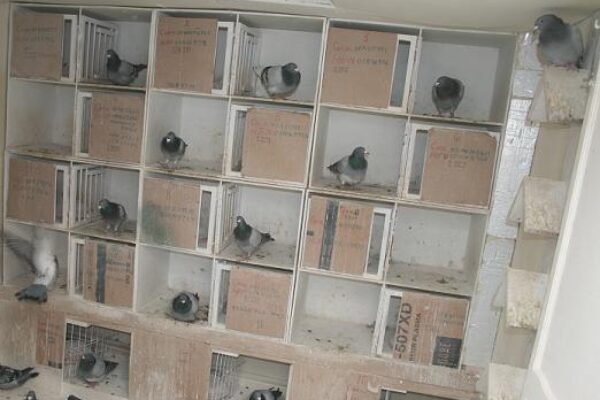
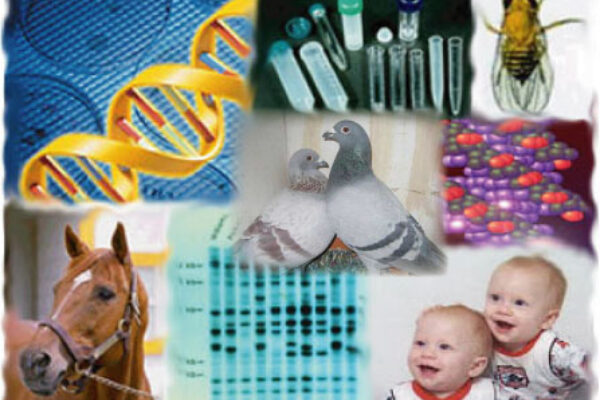
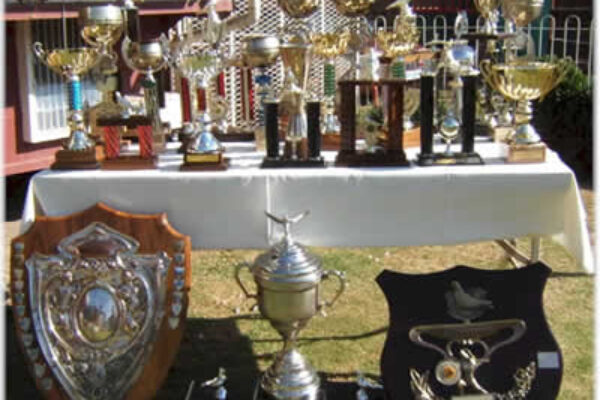
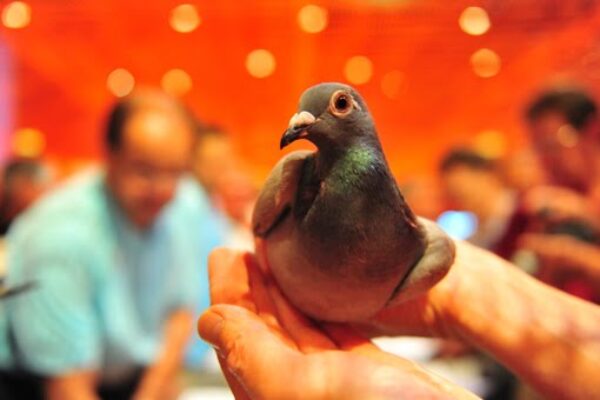


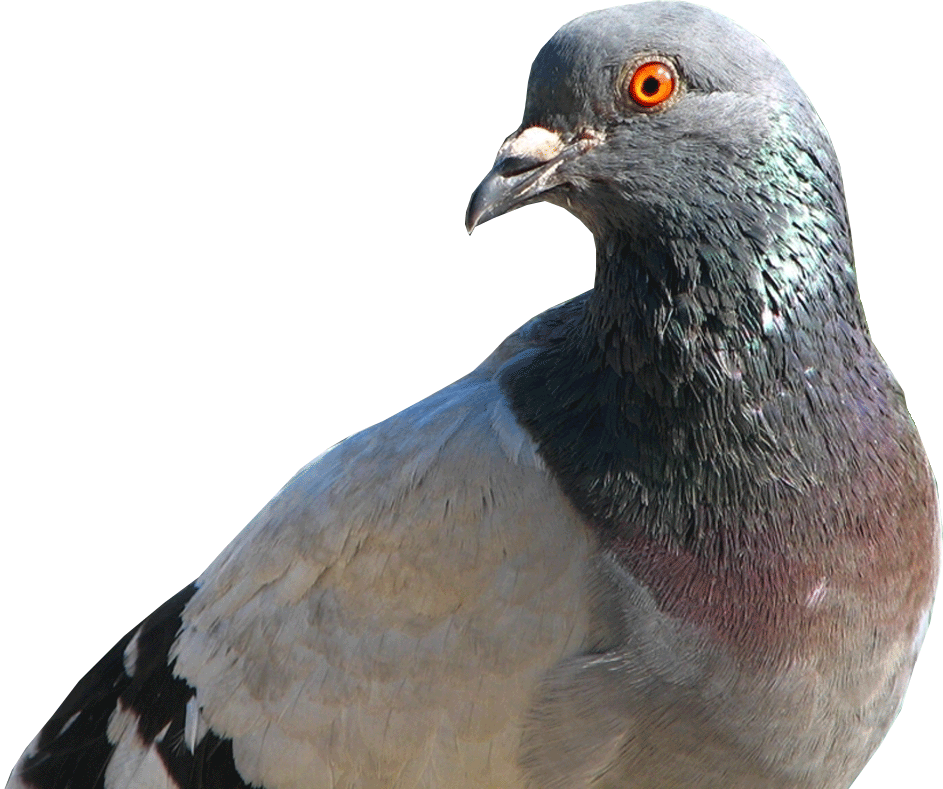
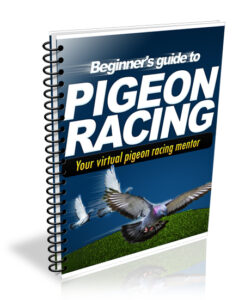
nice info for newbie, it can really help a lot
Hi, after reading all the comments above, I would like to share my experience of treating birds.
I have been breeding exotic birds for a number of years and recently have started breeding fancy pigeons. I have always taken a scientic approach to my birds health and no birds are randomly treated. I use a Microbiologist to analyse dropping samples taken from the birds. They first check the sample for any parasites, and then culture the sample for Bacterial/Fungal infections.
I have always used a seperate room as a quarantine/hospital room where all sick birds and new birds are kept. The room is temperature controlled and does not go below 27 c. Samples are taken of all new/sick birds. The birds remain in the quarantine room while they are treated and a follow-up test sample is taken. Only when a bird gets a “clean bill of health” is it released into the aviaries/lofts.
Random samples are taken periodically from all avairies and lofts and where necessary the birds are treated. The number of random samples taken are increased before breeding season and before the molt. For treating the birds, I have become a big of the Medpet products which cater specifically for pigeons. I have had great success using these products on other birds from finches to Toucans with very good results. Most of their products are available in tablet or powder form.
I have a real problem using any drugs as a preventitivedose as I feel that it will eventually damage the imune system of the birds to where if they do get sick then nothing works. About the only thing I use as a preventitive medication is Distiled Apple Cider Vingar. Another med that I keep onhand is a penicilian family drug to treat severe cuts from hitting wires or getting hit by hawks or falcons and I use it directly on the cut to prevent infections. Other than that I do not use much of anything other than the dewormer and 7 dust. I do vacinate every other year and the young get vacinated every year. Not sure if this helps anyone or not but I have had very little illness other than respatory illness and this is what seems to work well for me here in New Mexico. One other thing I never give anything at the end of a race other than Red cell in the water apx 1 tablespoon per gallon and electrolites as I feel the birds need to get rehydrated just as we would.
Hope everyone has a very Merry Christmas and a Happy and profitable New Year.
heads up susan good product
Ivomec (Ivermectin) kills ALL round worms (including gapeworm) as well as external parasites. It’s effective up to 30 days, killing nits that hatch. It can also be used topically on skin. It’s the best all around de-wormer and for killing external parasites but does not kill tapeworm.
Panacur (fenbendazole) kills tape worms and capillaria.
Susan Good, R.N. CWR
Wildlife Rescue
I hate to disagree with a Lady, but MOXIDECTIN is a much better product for worms, and its made for pigeons.It also take care of tape worms. SIEGEL’s carries it.
no treatment in winter, only weak birds become ill in winter
good article here
someone told me to give teramycin+vibramycin for 4-5 days once in a month for the respiratory problems, can someone confirm if it helps?
i am a fancier from the north of ireland and was wondering if anybody knew were to purchase tiamutin?
Chris
You have a good website here, just wanted to let you and your readers know that I enjoy reading your stories and that of your followers. Keep up the good work from SDouth Louisiana